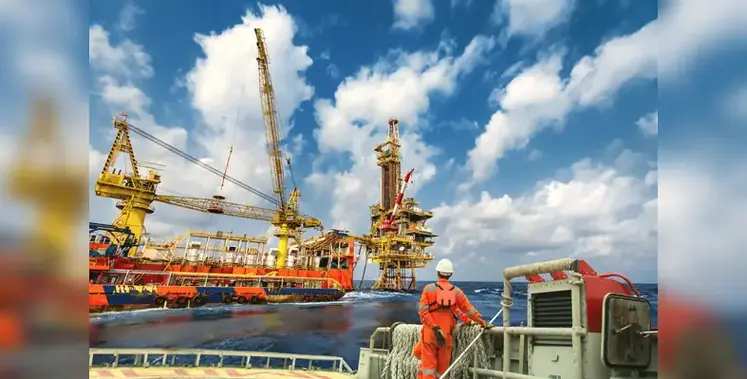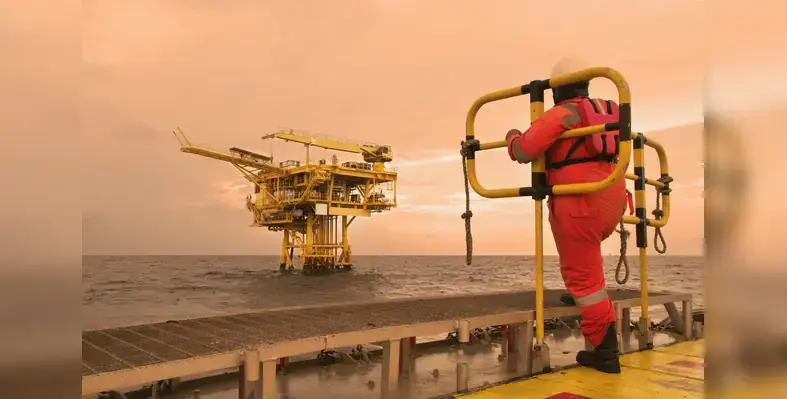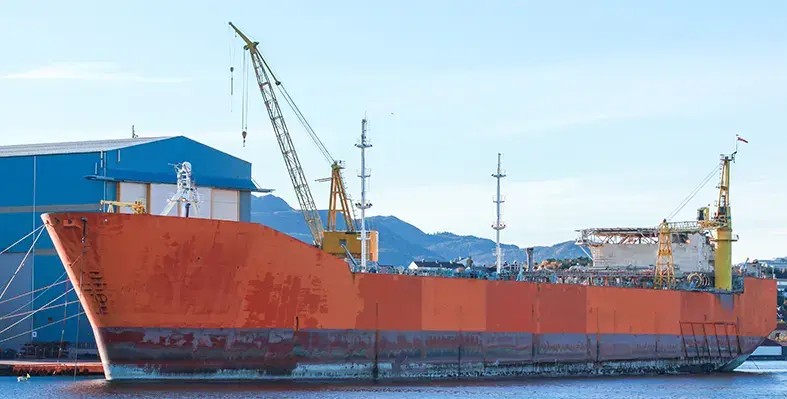Energy and marine consultancy, ABL, will be delivering marine warranty survey services to support the offshore construction for the Phase 4 development of the Kamose offshore gas field development in the Mediterranean Sea for North Sinai Petroleum Company (NOSPCO)
The Kamose Phase 4 development, which is located at the Eastern flank of the Nile Delta, will advance the construction and installation of three new offshore production platforms monopods, named Hoor-1&2, KSE-1 and Snefru-1.
The campaign will also cover drilling three wells via wellhead platforms and connecting its production by installing an 11 km flowline to the existing production network. The infrastructure will be connected to the main offshore pipeline and integrated with the mobile offshore production unit (MOPU) already in place at the Kamose field.
ABL’s scope of work includes technical review and approval of all project documentation, procedures, drawings and calculations. It will also deliver marine assurance and risk services for the proposed fleet, including DP (dynamic positioning) trials and consulting where relevant.
“ABL Egypt brings together local competence, marine experience, engineering expertise and expert process safety engineering to provide a comprehensive offering that will support the safe and optimised delivery of T&I operations for Kamose Phase 4. We look forward to supporting NOPSCO on this important development for Egyptian offshore gas,” said Tamer Gamil, country manager, ABL Egypt.












